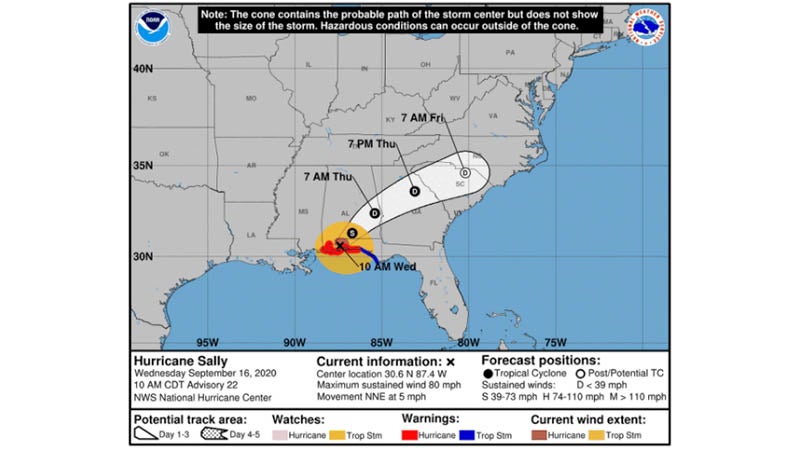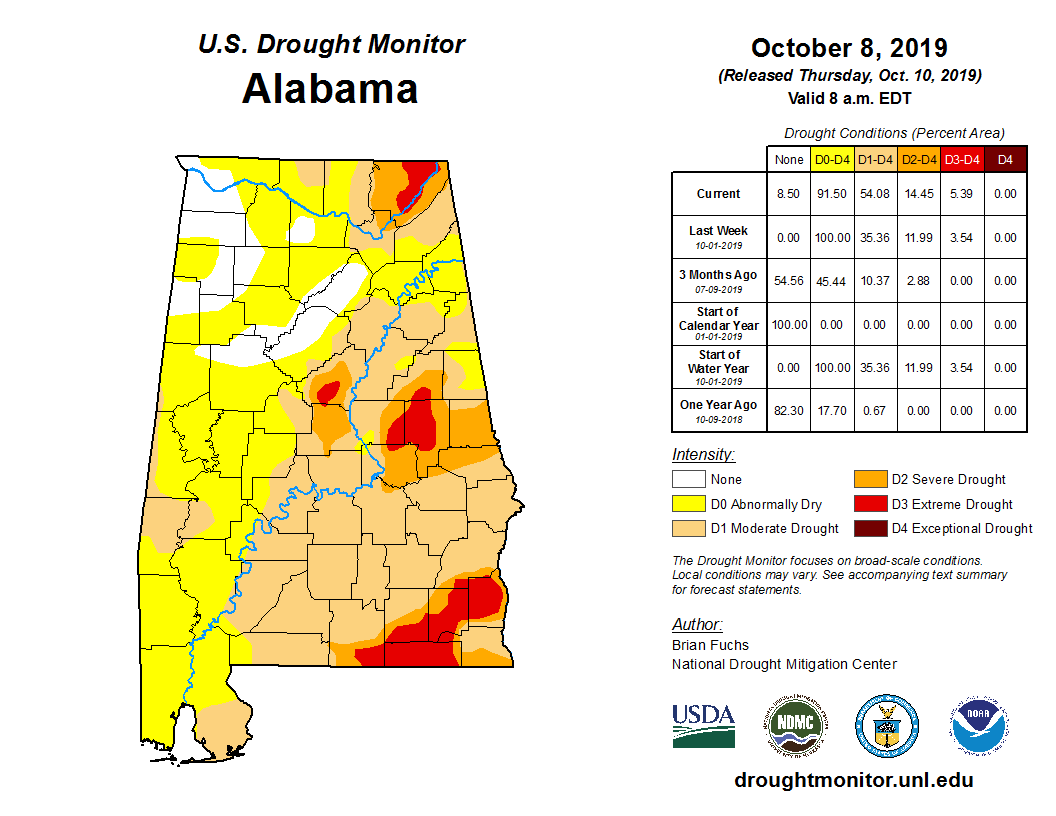State ranked 2nd most obese in nation
Published 12:00 am Thursday, July 22, 2010
For two years in a row, Alabama has ranked as the second-fattest state in the nation, with 31.6 percent of its adult residents measured as “obese,” according to a report released last week.
The report, “F as in Fat: How Obesity is Threatening America’s Future,” is published annually by the Trust for America’s Health. In it, it states Alabama is tied with Tennessee for second place , and only marginally trails Mississippi.
Altogether, more than 30 percent of the state’s adult population is either overweight or obese, according to the three-year average used in the report.
The state also ranked among the five worst for several other measures related to obesity – third for both adult diabetes and high blood pressure rates and fifth for physical inactivity.
Alabama also ranked 14th in the nation for obesity in children aged 10-17.
However, none of those results were surprising to Dr. Caleb Yongkuma, who practices internal medicine in Andalusia.
“I think that what it boils down to is that people don’t understand the consequences of obesity,” Yongkuma said. “We don’t think about what we eat and how it affects our body.
“As a doctor, I see people with a host of medical problems that are directly related to obesity,” he said. “Hyperthyrodism, endocrine problems, high blood pressure, sleep apnea – and especially, diabetes. I’ve seen an increasing number of cases of insulin-resistant diabetes that is a direct relation to a patient’s obesity.”
Yongkuma said bad eating habits coupled with lack of act ivity make for a heavy population – no matter one’s location. Additionally, those who are overweight can suffer from a host of psychological issues, he said.
“In looking at (the South), there is a high population of people who are not employed, and that alone is a major contributor (to obesity),” he said. “We have people who have no outside physical activity, and that’s a problem.
“On the other hand, you have those who suffer from things like depression because of their weight,” he said.
And the obesity epidemic seems to be worsening nationwide, despite federal and local efforts to fight it. Adult obesity rates rose in 28 states over the past year, including Alabama, which had a slight increase of .4 percent.
The number of states with rates above 30 percent doubled from four last year to eight this year.
And nationwide, more than a third of children are either obese or overweight.
Nine of the 10 fattest states are in the South, and Southern states also ranked high for diabetes and hypertension.
However, hope is not lost, Yongkuma said.
“I think we can overcome those numbers,” he said.
“What we need to do first and foremost is educate people. My point of view is that we need to change our food habits and eating habits. Like I said, the things we eat affect our body. Immobility and the availability of (convenience) contribute to a lot of it.
“We need to work on ourselves and our children,” he said.





